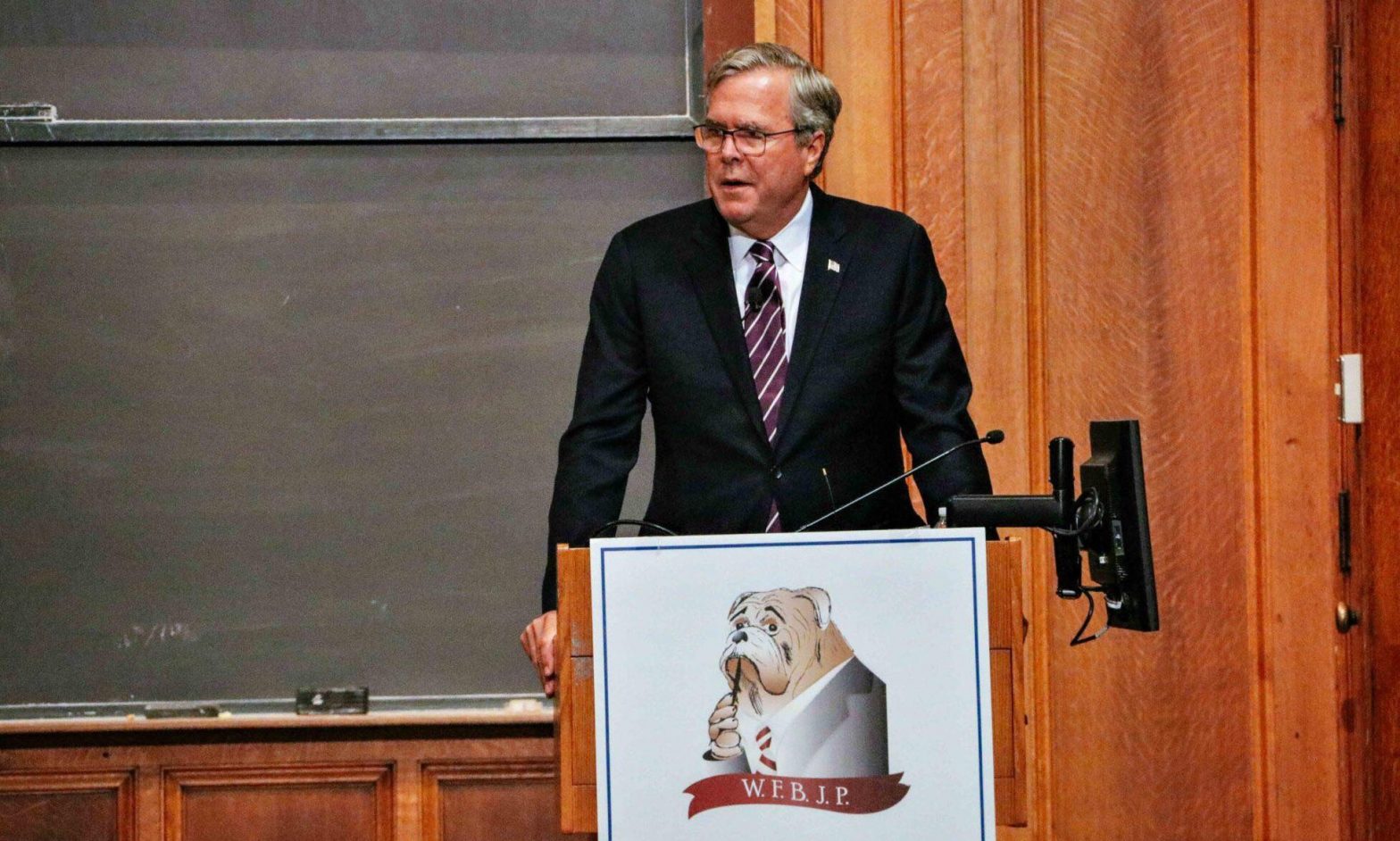(This is the second half of a two-part piece on conservative faculty and students within American institutions of higher education.)
America’s colleges have been overrun. Much like their paid educators, today’s undergraduate student bodies have flooded college campuses with their strong liberal tendencies and, much to the chagrin of conservatives, seem to be moving further to the left with each passing year. Realizing that the standard College Republicans are no longer enough, young right-wingers have recently made serious attempts to combat this leftist oversaturation, forming groups like Young America’s Foundation and Yale’s very own William F. Buckley, Jr. Program. Organizations like these aim to promote conservative ideas at America’s highly liberal universities, partially in hopes that some of the more liberal and moderate masses will be swayed. But these groups miss the mark, failing to address the root of the problem and oftentimes even antagonizing those they seek to convert. In order to engender a greater presence among undergraduate student bodies, conservatives must first recognize that the very policies they champion are doing them a disservice on college campuses.
To clarify, groups like the Buckley Program are not solely focused on evangelization; they also attempt to cater to already-conservative students, enticing them with well-known right-wing intellectuals and opportunities to network with like-minded peers. But beckoning non-conservative students rightward is certainly one of their main goals. Therefore, significant time and money is poured into attracting conservative speakers, speakers that will hopefully, to quote the Buckley Program Annual Report (2016-17), “broadcast the fructifying gospel of WFB, Jr. regarding the advantages of minimal and decentralized government and the maximum individual liberty consistent with public order.” Describing itself as “a home for… serious conservative thought,” it is clear the Program aims to persuade.
But both this goal and the methods used to achieve it are fundamentally misguided. The notion of gradually creating college conservatives through right-wing speakers is predicated on the assumption that students will be persuaded by people standing behind a podium, talking at them. However, research has shown that lecturers don’t really sway students when it comes to politics. This isn’t to say that students cannot be convinced, merely that having them listen to conservative speakers is the wrong way of going about it. In my experience, a smaller, more in-depth discussion is requisite to changing someone’s mind on a particular issue; it allows individuals to thoroughly address any counter-arguments, contentions, and questions, something a speaker has little chance of doing successfully with a brief Q&A at the end of their speech.
I will note that the Buckley Program does seem to be aware of this fact: the Program hosts both seminars and panels, providing an atmosphere more conducive to persuasion. However, Yale is relatively small and the Buckley Program is extremely well-funded. Similar conservative groups at other universities do not possess the resources necessary to obtain right-wing thinkers and academics for more intimate discussions and seminars. Cultivating the proper atmosphere most anywhere else is nearly impossible.
Moreover, due to the inflammatory nature of many of these groups’ invitees (think Milo Yiannopoulos or in Yale’s case, Amy Wax), many potential conservatives simply do not attend any of the events hosted by these groups, not wanting to associate themselves with students who welcome those they view as blatant bigots. Conservatives continually fail to understand the importance of identity politics to many within their target audience. Thus, conservative student groups should be more selective when choosing guests if they actually want to win over their peers instead of alienating them; they should not only avoid those viewed as bigots, but also steer clear of incendiary talking heads who do little to foster productive dialogue (I’m looking at you, Dinesh D’Souza). The promotion of intellectual diversity and a healthy aversion to pseudo-intellectual firebrands and bigots shouldn’t be considered mutually exclusive.
But even if these groups become more cautious with their invitations, the speakers they do secure will do little to cajole students towards conservatism, as I’ve already asserted. So if right-wing student groups aren’t an effective means of creating a more conservative undergraduate population, then what is the appropriate approach? The answer lies at the source of the problem, something conservatives have long-overlooked.
Contrary to the popular right-wing narrative of “liberal indoctrination,” students’ political orientations don’t change much during college. Liberals stay liberal and vice versa. Therefore, in order to increase right-wing representation, the number of conservatives entering institutions of higher education must increase. And it is here that we find our ironic little issue: conservative education policy tends to limit the number of young right-wingers going to college.
It’s no secret that many conservatives do not make public education a priority; possessing an affection for limited government, these right-wingers (including those within the Trump administration) favor education policies focused on school vouchers, privatization, and charter schools, with many rural, red states underfunding public education. But research has revealed the destructive nature of these policies: schools in rural areas (where large swathes of conservative students reside) are disproportionately harmed by policies aimed at increasing the privatization of education, while underfunding public schools has been shown to have detrimental effects on the quality of education.
The logic is simple. These rural students (who are more likely to be conservative) are receiving inferior educations and are thus not as well-equipped for college admission, leading them to be underrepresented at America’s universities. Once again, conservatives are shooting themselves in the foot and blaming those across the aisle. If the Buckley Program’s wealthy donors are genuinely concerned about the lack of intellectual diversity among Yale undergrads, then perhaps they should devote their time, energy, and funds to ensuring rural public education is well-funded first.

